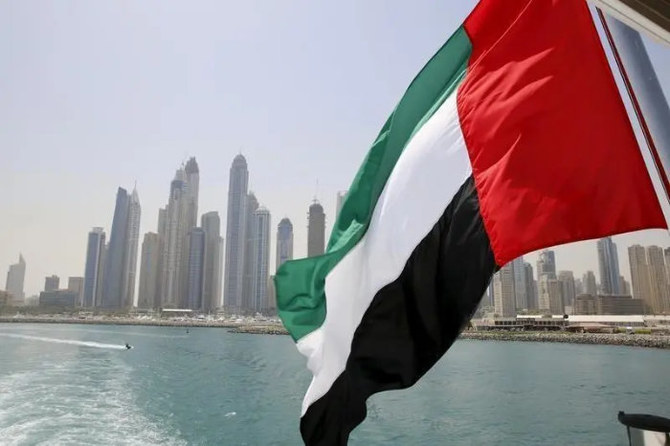
When the Chinese technology company Huawei’s chief financial officer Meng Wanzhou was arrested in Canada this month, it set off a race for answers across four countries. Originally it was not known why Meng had been arrested and what it would mean for global trade and geopolitical intrigue. It turned out she had been detained on the basis of an extradition request by the US Department of Justice, on charges of fraud in evading sanctions against Iran.
Meng is currently on bail awaiting possible extradition to the US, and living in one of her two homes in Vancouver, Canada.
Meng is a powerful player in China. She is the daughter of Huawei’s founder, Ren Zhengfei. The Communist party leaders want to protect her because of her power, and they must also be irked that Canada, at the request of the US, would have the nerve to arrest such a powerful Chinese executive. Since the arrest, China has summoned both the US and Canadian ambassadors to discuss the issue, and has also detained two Canadians citizens and accused them of national security crimes. Notably, no Americans have yet been detained by China.
At its most basic level, this is an interesting case of international law enforcement, but the Meng affair has much more meaning. It raises vital questions about China’s desire to exert its national prominence, America’s ability to compel the rest of the world to abide by Iran sanctions, the position of Canada and similarly situated countries as ostensibly independent nations, and President Trump’s version of strong-arm foreign policy.
China sees itself as a nation on the rise. The most populous country in the world, it aspires to be a superpower. It already has nuclear bombs, a permanent place on the UN Security Council, the second-biggest economy, rockets that launch satellites into space, and a rich history of innovation. China is also involved in a trade war with the US. The leadership in Beijing does not want its people or the world to see that the US can force it to abide by US-imposed sanctions. Meng’s arrest was an embarrassment to China and an affront to its sense of sovereignty and global power.
From a Chinese perspective, Meng was arrested for doing something that is not punishable in China, and a violation only of America’s particular laws. In a global economy, however, laws follow us across borders. In such cases, often the strongest power wins. The US is still the strongest power economically, militarily, and by global alliances and partnerships. China does not want to concede this.
Meng’s arrest was an embarrassment to China and an affront to its sense of sovereignty and power.
Ellen R. Wald
Although the US is strong, America’s goal of unilaterally enforcing the Iran sanctions is ambitious. Meng’s arrest is a test of whether the US can convince other countries (in this case Canada) to facilitate enforcement of sanctions, and whether the US itself has the fortitude to enforce the sanctions fully. So far, it shows the US both willing and able to do so. That is bad news for the regime in Tehran.
This affair also raises issues concerning the desire by America’s allies to exert their independence. So far, Canada has been willing to arrest Meng and begin the extradition process. As neighbors and close allies, the US and Canada have well-honed procedures for criminal extraditions. US Secretary of State Mike Pompeo and Canadian Foreign Minister Chrystia Freeland agreed in a joint appearance a few days ago that the extradition should be judged on issues of due process and not political concerns. The extradition seems to be running smoothly.
Nevertheless, Canadian citizens are taking the punishment from China. The US is seeking to prosecute Meng, but China has detained Canadians in retaliation. It appears that China hopes to win Meng’s release by dividing Canada and the US. At some point that may work. The relationship between the US and some of its allies is not always so tight. Some European countries — most notably France and Germany— are unhappy about the recently reinstated Iran sanctions. Many of their businesses are complying, but it is impossible to know if they do so solely because of the threat of secondary sanctions. Do America’s closest allies bristle at the imposition of these sanctions on their own economies? Most probably they do, and most probably some of them will try to push back.
Even President Trump has shown some signs of faltering in the Meng case. He said he would seek her release if it would help the US trade negotiations with China. This is just a reminder of Trump’s regular strategy. He initially drives a hard bargain, and he uses every piece of leverage available to obtain what he wants for his country. Trump now views the Justice Department’s move to arrest Meng as yet another tool in the all-important trade negotiations with Beijing.
China, Iran, Canada, and the US all have an interest in the case of Meng Wanzhou. How it plays out will tell us much about the balance of strength on the global scene.
• Ellen R. Wald, Ph.D. is a historian and author of “Saudi, Inc.” She is the president of Transversal Consulting and also teaches Middle East history and policy at Jacksonville University. Twitter: @EnergzdEconomy
Disclaimer: Views expressed by writers in this section are their own and do not necessarily reflect Arab News" point-of-view












